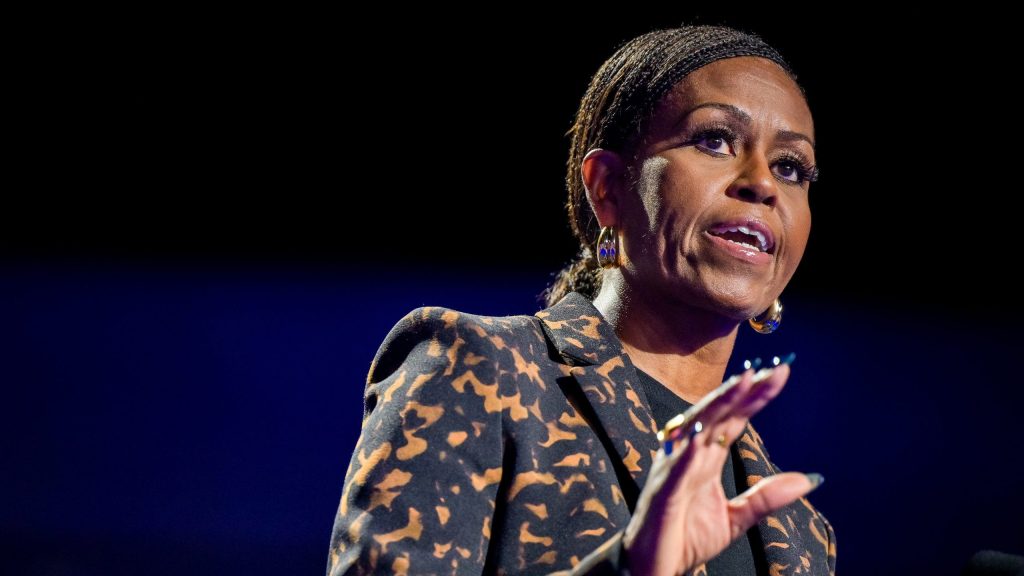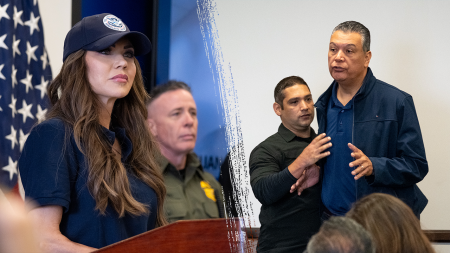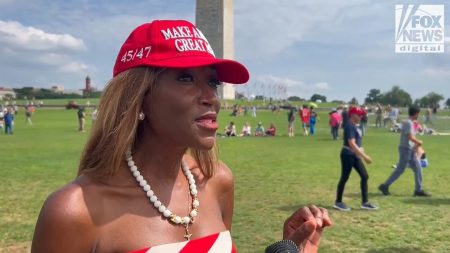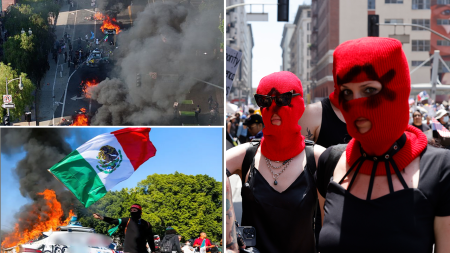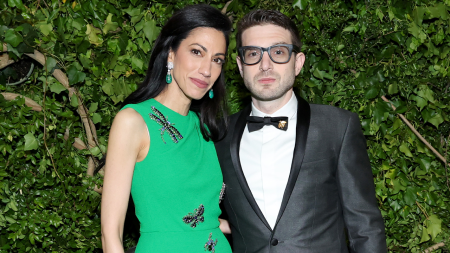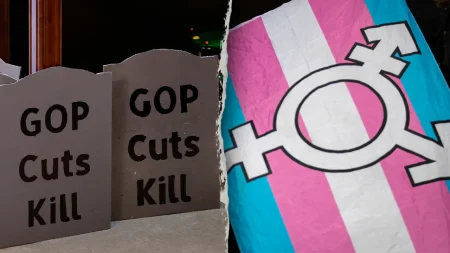Michelle Obama’s New Year’s message on Instagram, intended as a message of hope and resilience, ignited a firestorm of online debate, sharply dividing reactions along partisan lines. The former first lady’s video, released amidst the backdrop of a contentious and freshly-concluded presidential election, opened with an acknowledgement of the “difficult few months” experienced by many and the prevailing feelings of anxiety and uncertainty. While she quickly pivoted to emphasizing reasons for hope and highlighting the work of the Obama Foundation, her initial remarks became a lightning rod for criticism, particularly from supporters of President-elect Trump.
Many Trump supporters interpreted Obama’s opening remarks as a veiled critique of the election outcome, perceiving her acknowledgement of difficult times as a direct reference to Trump’s victory. Comments flooded in, expressing excitement over the impending Trump presidency and dismissing any notion of anxiety or uncertainty. Some went further, attributing the perceived difficulties to the preceding Biden administration and asserting that the nation’s prospects had brightened considerably with Trump’s electoral success. The sentiment among these commenters was overwhelmingly positive towards the election outcome, contrasting starkly with the message conveyed by Obama.
Conversely, Obama’s supporters rallied to her defense, expressing gratitude for her words of hope and offering messages of support. They saw her message not as a political statement but as a much-needed balm in a time of national division. The contrasting reactions underscored the deep polarization that continues to grip the nation, with perceptions of the political landscape diverging dramatically depending on individual political affiliations. The seemingly innocuous New Year’s message became a microcosm of the larger political divide, revealing the extent to which even expressions of hope and resilience can be interpreted through a partisan lens.
The incident also highlighted the ongoing scrutiny faced by the Obamas, particularly Michelle Obama, in the post-presidency period. Their continued engagement in public life, coupled with their outspoken support for Democratic candidates, has kept them in the political spotlight and subject to both praise and criticism. The online reaction to Obama’s New Year’s message serves as a reminder of the intense scrutiny directed towards public figures, especially those with a history of political involvement.
The controversy surrounding Obama’s New Year’s message unfolded against the backdrop of her active involvement in the 2024 presidential campaign. As a prominent surrogate for Vice President Kamala Harris, the Democratic nominee, Obama had been a vocal critic of then-candidate Trump, characterizing him as a “skilled con man” in a pre-election rally. Her impassioned speeches and endorsements for Harris underscored her continued commitment to Democratic politics, a stance that likely contributed to the polarized reactions to her holiday message. While some viewed her words as a genuine expression of hope, others saw them as tinged with political undertones, a reflection of her disappointment with the election results.
Despite their disappointment with the election outcome, the Obamas publicly congratulated Trump on his victory, emphasizing the importance of unity and grace even in the face of deep disagreement. Their statement acknowledged the diversity of opinions within the nation and called for extending good faith to those with differing viewpoints. However, the online reaction to Michelle Obama’s New Year’s message suggests that bridging the divide and fostering unity remains a significant challenge, with partisan interpretations continuing to color perceptions of even seemingly benign messages. The incident serves as a potent illustration of the enduring political polarization that shapes public discourse and the challenges of navigating a deeply divided political landscape.




